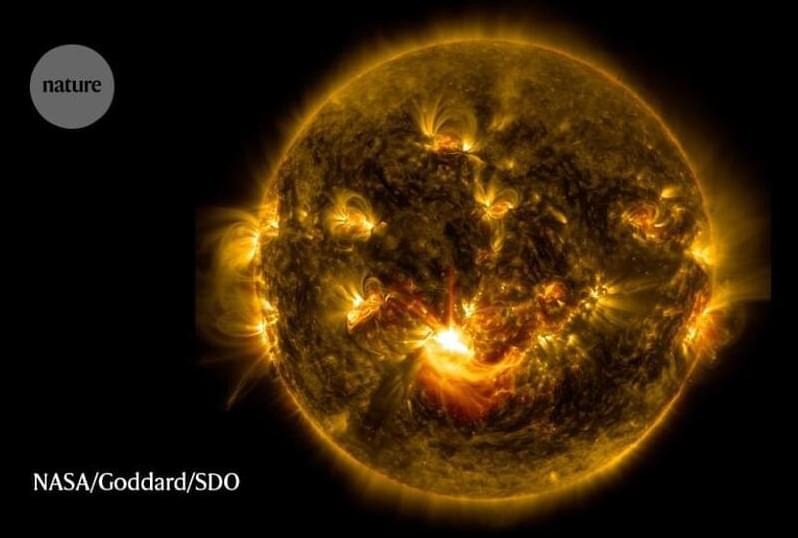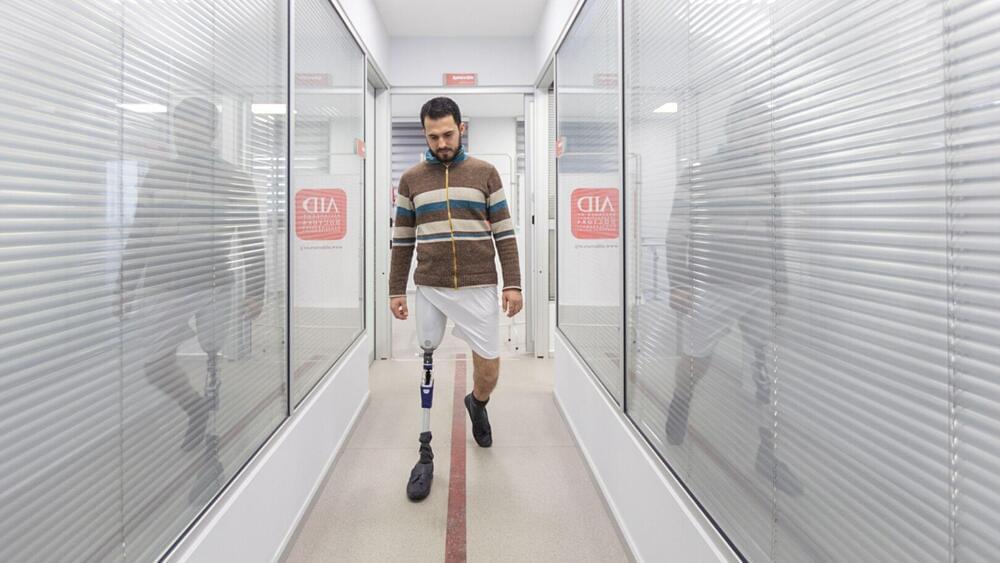
Get the latest international news and world events from around the world.

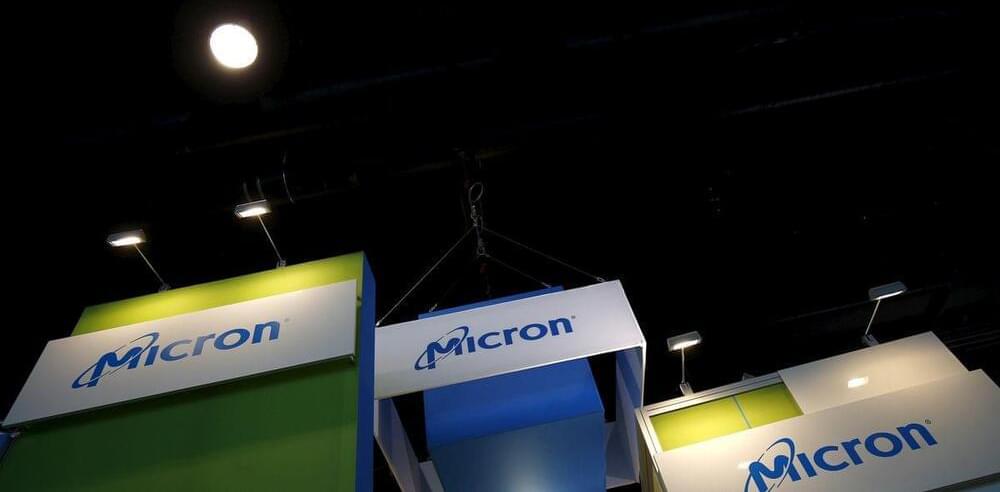
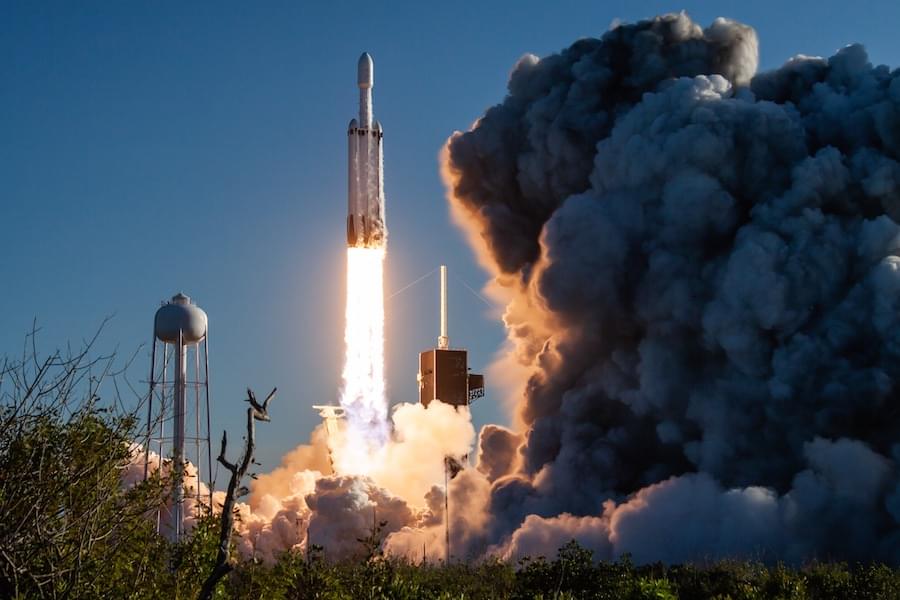
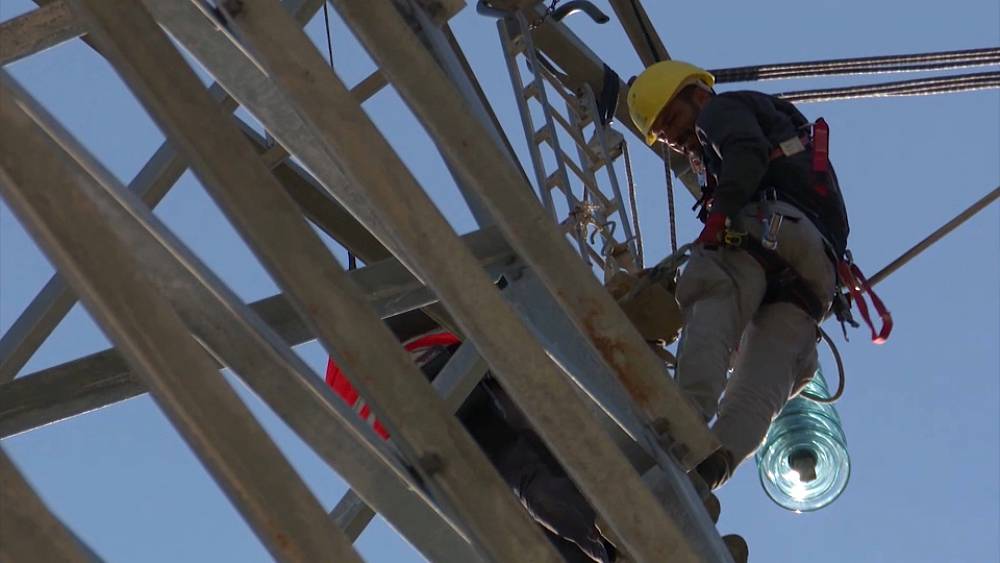
1373km long undersea cable will bring Egypt’s ‘green energy’ to Europe
The project will take 7–8 years. An 853-mile-long (1,373 km) undersea electricity cable connecting Egypt with Europe has been touted to help Europe’s impending energy crisis amidst Russia’s war with Ukraine.
Greece is in embarking on one of Europe’s most ambitious energy projects by linking up its electricity grid with Egypt’s.
An underwater cable will carry 3,000 MW of electricity — enough to power up to 450,000 households — and will run from northern Egypt directly to Attica in Greece.
The project is being undertaken by the Copelouzos Group, whose management met last week with the Egyptian leaders to speed up the process.
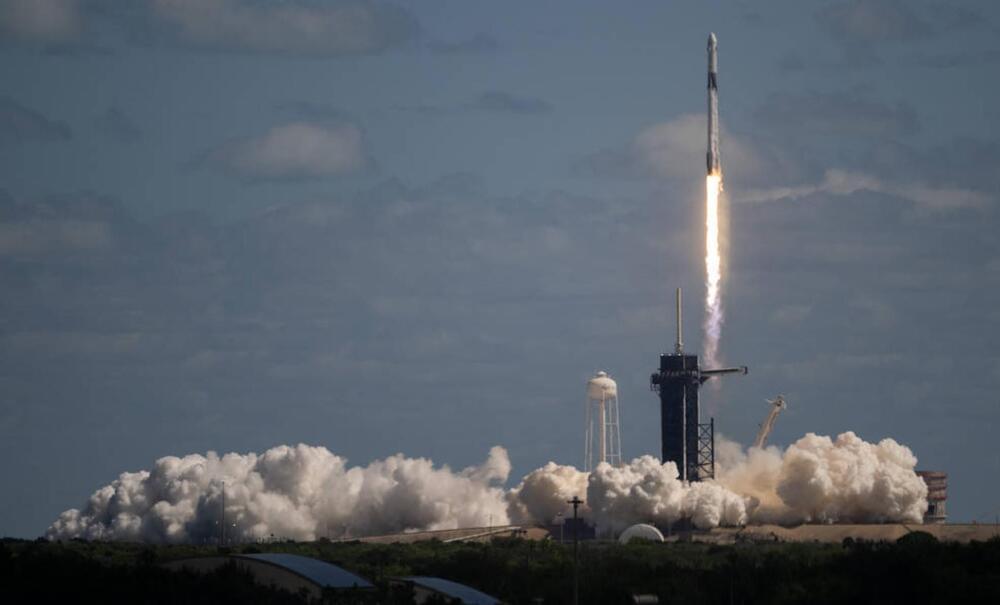

Chernobyl — A Timeline of The Worst Nuclear Accident in History
The new system uses molten salts instead of traditional fuel rods.
The world is rethinking nuclear power plants in the face of climate change.
Your average plant produces 8,000 times more power than fossil fuels and is environmentally friendly. There’s one massive caveat, though, in the form of nuclear disasters, such as the 1986 Chernobyl incident and the 2011 Fukushima disaster.
